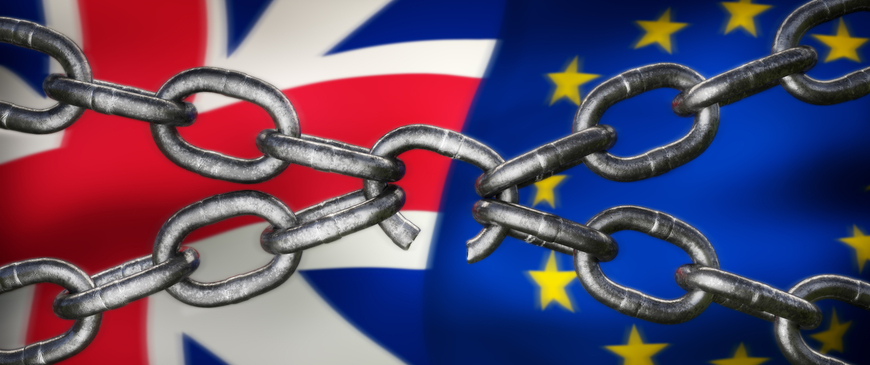
Brexit teething problems?
Boris Johnson has described the struggles facing British companies trading with the EU under the new post-Brexit arrangements as “teething problems”.
There is some truth to this: British businesses will eventually learn to fill in the new forms correctly, and navigate the new processes efficiently.
But this does not change the fact that companies now need to fill in forms and navigate processes that under the old trade regime they did not.
These new trade barriers are starting to grab headlines. Beyond the stories of fishermen struggling to get their shellfish into Europe, musicians, fashion models and actors have woken up to the fact that the EU-UK trade deal offers little for them in the way of continued access to the EU and its 27 member-states.
A band and its crew might now need to obtain multiple work permits to tour the continent; instruments and sound equipment might need to be accompanied by customs declarations; merchandise might be hit with tariffs; and the number of drop-offs a UK-registered haulier can make in the EU are limited.
COVID-19-related travel restriction are currently masking many issues – and some of the restrictions listed above currently are for the time being largely theoretical. But as increased vaccination rates lead to countries re-opening their borders later in the year, the fresh limitations on the ability of Brits to sell services across the EU will start to bite.
Yet for all its flaws, one thing the new EU-UK trade agreement is not is set in stone. It is a living agreement that contains numerous provisions allowing for it to be improved upon, and evolve over time.
But significant upgrades require the UK (or EU) to change its red-lines. For performers, the UK could choose to re-engage with the EU on the subject of temporary labour mobility, and negotiate broad provisions allowing for British nationals in a wide range of professions to engage in paid work across the EU for short periods of time (and vice versa).
But this will require flexibility from the British government, and for it to drop its current aversion to any provisions that sound at all like free movement of people (despite the above being nothing of the sort).
Some sectors might also find that individual member-states can be convinced to be more accommodating, where it is in their interest and power to do so. But this cannot be relied upon, and will only happen if there are businesses and people in those countries prepared to make the case on the UK’s behalf.
In the long-run, it is possible that the additional flexibility gained by the UK’s decision to prioritise the ending of free movement of people, regulatory autonomy, and the ability to independently strike new trade deals over continued economic integration with the EU creates new economic opportunities.
But this doesn’t take away from the fact that trading with the EU has been made deliberately more expensive and tricky as a result. The challenge now for those affected is to identify where improvements might be possible, to convince the British government to ask for them, and to provide reasons for the EU to agree. But changes to the deal will not happen overnight, and in the meantime companies will need to adjust to the new normal, and find a way to make the new trading arrangements work as best they can.
Sam Lowe is a senior research fellow at the Centre for European Reform.
